Science | Vol 364, Issue 6443
Autores: Jonathan T. Overpeck, Cecilia Conde*
*Departamento de Ciencias Atmosféricas | Cambio Climático y Radiación Solar
Abstract
The science is clear, students are striking, and publics around the globe are demanding a new level of leadership to tackle the climate crisis before it is too late. Climate extremes are inflicting serious economic losses on nations, and climate-driven issues such as sea-level rise, regional aridification, food shortages, disease spread, and massive biodiversity loss only promise ever-worsening costs. Progress has been too slow since 195 countries signed the 2015 Paris Agreement committing to hold the increase in the global average temperature to well below 2°C above preindustrial levels. To prevent planetary climate disaster, we must all work to speed up bold initiatives that ensure a rapid exit from the era of fossil fuels, and drive carbon dioxide and other greenhouse gas emissions to the atmosphere down to zero in a manner that benefits everyone on the planet, not just a few.
Much attention has been focused on promoting the transition to low-carbon energy because of the role that fossil fuel combustion has played in fouling the air and disrupting climate. Moreover, the technology needed to electrify the planet using renewable energy is already, or close to being, cheaper than fossil fuel or nuclear energy, so the existing fossil fuel power plants and fossil-fueled transportation can be phased out completely within two decades. Investment in new fossil fuel infrastructure must cease as existing natural gas and nuclear plants serve only as temporary bridges to a cleanerenergy world. At the same time, every economic sector must innovate to become more energy efficient and decarbonize. With continued innovation, the effective management of marine, coastal, agricultural, forest, and other carbon-sequestering systems can help offset those greenhouse emissions that cannot be eliminated quickly.
The circle of solutions to address the climate crisis must quickly widen and include effective ways to soften the blows of climate change that are already inevitable. Solutions must strive to enable communities, businesses, societies, and natural systems to become resilient and adapt to the changing climate. The rapid expansion of adaptation strategies around the globe requires greater integration of academic research knowledge with the insight gained from real-world practice, and this means placing greater priority on partnership between academics and nonacademics. Nevertheless, it is also abundantly clear that absent climate change mitigation, adaptation strategies will in many cases become overwhelmed, leading to unacceptable costs to both human and natural systems. The top priority must remain the elimination of the greenhouse gas emissions that are driving climate change, and greater emphasis must be placed on positive synergies between mitigation and adaptation actions, especially those that maximize the protection of biodiversity and soils.
The climate crisis requires societal transformation of a scale and rapidity that has rarely been achieved. Indeed, the last time such a change took place was sparked by global economic depression and World War II. What enabled action then was a perceived existential threat and broad support in society. Today, we are faced with such a threat, but widening wealth disparities and special interests impede the needed change. The solution to the climate crisis thus requires a strong commitment to equity and justice, to indigenous peoples and future generations, and to a global transformation that vastly increases the number of those who benefit while dramatically reducing the number of those who do not. This is true at national scales, and also at the planetary scale. Only by working together across divides, only by working to empower others, and only by making it a top priority now can the community of nations avoid catastrophic climate change while creating a more sustainable and just 21st century.
The call to faster climate action is to all who can contribute knowledge, momentum, or passion to drive the quick embrace of effective solutions.
Vía: Science










